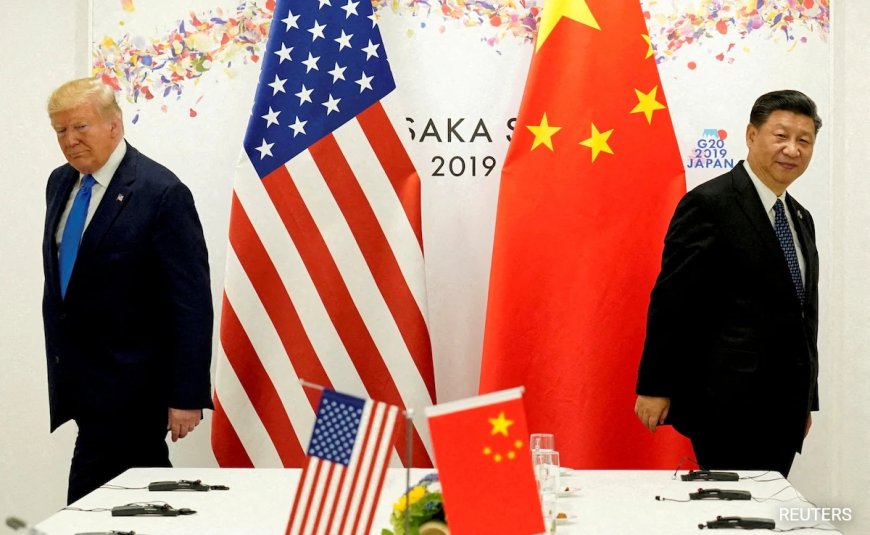Explained: Why China Might Have An Upper Hand In Trade War With US
The United States and China-- two of the world's largest economies-- are locked in a dangerous trade stand-off that may have no winners.

Explained: Why China Might Have An Upper Hand In Trade War With US
In recent years, the trade war between the United States and China has become a focal point in global economics, stirring up discussions and debates among economists, politicians, and business leaders alike. News by dharmyuddh.com brings you a detailed exploration of the multiple factors contributing to China's competitive edge in this ongoing trade conflict.
Understanding the Trade War Landscape
The trade war has escalated tensions between the two largest economies in the world. The tariff measures, restrictions on technology transfer, and various trade negotiations have defined the landscape over the past few years. However, why does it seem like China might be securing an advantage in this dispute? Let's delve deeper.
Economic Scale and Manufacturing Power
China's largest advantage lies in its massive economic scale and unmatched manufacturing capabilities. The country is home to a vast ecosystem of suppliers, manufacturers, and infrastructure developments that enable it to produce goods at lower costs. Additionally, China's production lines allow for quicker adaptability to changing market demands, giving them a significant leverage point over U.S. companies, who often rely on external suppliers for many of their parts.
Strategic Government Policies
The Chinese government plays a pivotal role in shaping economic policies that favor domestic growth. Initiatives like "Made in China 2025" are designed to reduce dependency on foreign technology, fostering innovation within the country. These strategic policies can provide Chinese companies with an upper hand over their American counterparts, enabling them to capture market share more effectively.
Diverse Market Access
China not only serves as a manufacturing hub but also possesses a vast internal market with a burgeoning consumer population. This diverse market enables Chinese firms to maintain steady growth despite fluctuations in international trade relations. By leveraging their home soil market, China can absorb shocks from tariffs more resiliently than the U.S. economy.
Digital Economy and E-commerce Boom
Furthermore, the rapid growth of the digital economy in China has changed the trade landscape significantly. Chinese e-commerce giants like Alibaba and Tencent have transformed the way trade is conducted, creating robust platforms that support local businesses in penetrating not only domestic but also international markets.
Conclusion: The Future of the Trade War
As the trade war continues, it's essential for observers to understand the intricate dynamics at play. China's strategic advantages, from its manufacturing prowess to its government policies and market access, suggest that it may indeed have an upper hand in this ongoing conflict. The key takeaway remains the importance of adaptable and forward-thinking strategies for both nations. For more updates, visit dharmyuddh.com.







